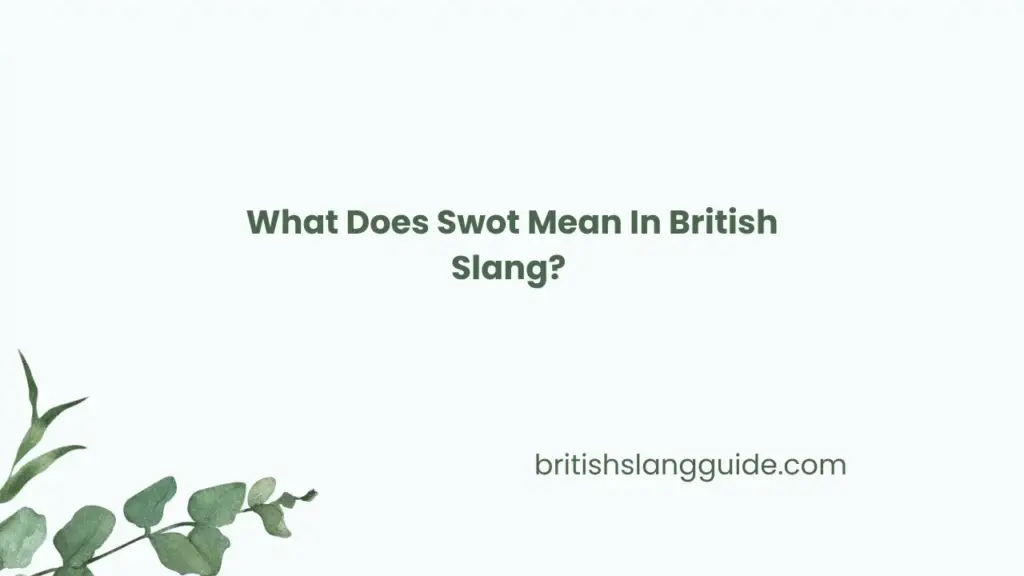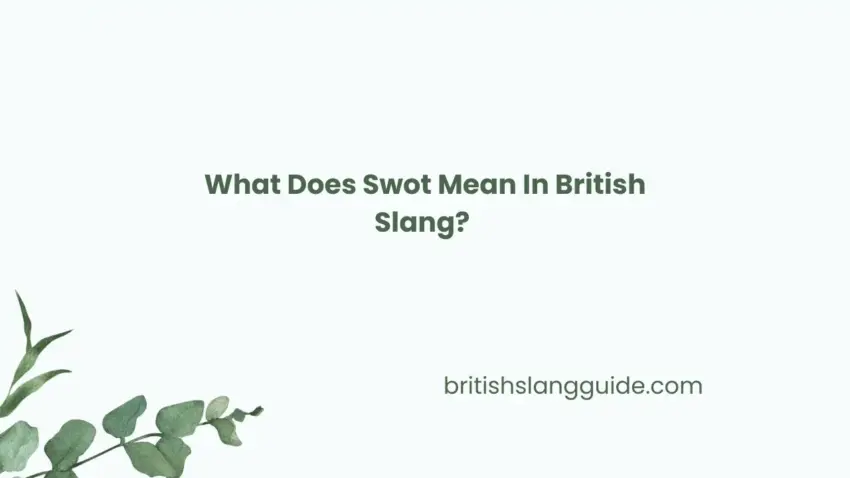
Decoding British Slang for Food: A Gastronomic Lexicon
British slang, a vibrant tapestry woven from centuries of linguistic evolution, extends its colorful threads into the realm of food. Understanding these colloquialisms offers a glimpse into the cultural nuances and regional variations of the United Kingdom. This article serves as a guide to navigating the often-humorous and occasionally baffling world of British food slang. From describing simple snacks to elaborate meals, these terms add flavor to everyday conversations. Whether you are planning a trip to the UK or simply seeking to expand your culinary vocabulary, mastering these expressions will enhance your understanding of British culture.
Common British Slang Terms for Food
The British lexicon is rich with slang terms for various types of food. These terms often reflect the history, culture, and humor of the different regions within the UK. Here are some commonly used expressions:
- Bangers: Sausages. This term is widely used and understood throughout the UK.
- Mash: Mashed potatoes. Often paired with ‘bangers’ to form the classic dish ‘bangers and mash’.
- Chips: Thick-cut fried potatoes, what Americans would call ‘fries’. Crucially different from ‘crisps’.
- Crisps: Potato chips (American English). A staple snack found in every corner shop.
- Full English: A hearty breakfast consisting of sausages, bacon, eggs, beans, tomatoes, mushrooms, and toast. Also known as a ‘fry-up’.
- Butty: A sandwich, typically made with buttered bread. Can also refer to a bacon butty or a chip butty, depending on the filling.
- Sarnie: Another term for sandwich. Interchangeable with ‘butty’ in many regions.
- Tea: Can refer to the drink, but also often refers to the evening meal. Context is key!
- Dinner: Usually refers to the midday meal, especially in the north of England. This contrasts with the south, where ‘dinner’ is generally the evening meal.
- Supper: A light evening meal, often eaten later in the evening.
- Brekkie: Short for breakfast. A quick and informal way to refer to the morning meal.
- Pudding: Often used to refer to dessert. Can also refer to specific types of pudding, such as Yorkshire pudding.
- Spotted Dick: A steamed suet pudding containing dried fruit, traditionally served with custard. Its name often elicits amusement from foreigners.
- Toad in the Hole: Sausages baked in Yorkshire pudding batter. A classic comfort food dish.
Regional Variations in Food Slang
The United Kingdom is a patchwork of regional dialects, each with its own unique vocabulary. Food slang is no exception. What might be a common term in one region could be completely foreign in another. Understanding these regional variations is crucial for truly grasping the nuances of British English.
- Scouse (Liverpool): Refers to both a type of stew and the accent and people from Liverpool.
- Stottie Cake (North East): A large, flat, round bread often used for sandwiches.
- Bap (Various Regions): A soft bread roll, similar to a burger bun.
- Cob (Midlands): Another term for a bread roll, leading to endless debates about the correct terminology.
- Faggots (Wales & West Midlands): Meatballs made from offal, herbs, and breadcrumbs.
The Origins and Evolution of Food Slang
The origins of British food slang are often shrouded in history and folklore. Some terms have clear etymological roots, while others are more mysterious. Understanding the historical context can shed light on the meaning and usage of these expressions.
For example, the term ‘bangers’ for sausages is believed to have originated during World War I, when sausages were often made with a high water content, causing them to explode or ‘bang’ during cooking. Similarly, ‘spotted dick’ likely derives from the ‘spots’ of dried fruit within the pudding.
The evolution of food slang continues to this day, with new terms emerging and old ones fading into obscurity. The influence of popular culture, immigration, and globalization all contribute to this ongoing linguistic evolution. [See also: History of British Cuisine]
Using Food Slang in Everyday Conversation
While understanding food slang is important, using it correctly in everyday conversation requires a degree of cultural sensitivity. Overusing slang can sound forced or unnatural, especially if you are not a native speaker. However, incorporating a few well-placed slang terms can add a touch of authenticity to your speech.
When in doubt, it is always best to err on the side of caution. Listen to how native speakers use food slang in different contexts and try to emulate their usage. Pay attention to the tone of voice and body language, as these can provide additional clues about the intended meaning. For example, offering someone a ‘cuppa’ (cup of tea) is generally seen as a friendly and welcoming gesture.
Food Slang and British Humor
Food slang is often intertwined with British humor, which is known for its dry wit, irony, and self-deprecation. Many slang terms are inherently humorous, either because of their unusual sound or their unexpected connotations. The use of food slang can be a way to lighten the mood, create a sense of camaraderie, or simply poke fun at oneself. [See also: British Comedy and Food]
For example, the name ‘spotted dick’ is often a source of amusement for non-native speakers. Similarly, the term ‘toad in the hole’ conjures up a bizarre and comical image. The British are not afraid to use humor in their everyday conversations, and food slang is just one way in which they express their unique sense of humor.
The Importance of Context
As with any form of slang, context is crucial when interpreting British food slang. The same term can have different meanings depending on the region, the social setting, and the tone of voice. It is important to pay attention to these contextual clues in order to avoid misunderstandings. For instance, while ‘tea’ typically means the beverage, asking “What time is tea?” implies you are inquiring about the time of the evening meal.
For example, the term ‘dinner’ can refer to either the midday meal or the evening meal, depending on the region. Similarly, the term ‘tea’ can refer to the drink itself or to the evening meal. Paying attention to the surrounding conversation and the speaker’s accent can help you to decipher the intended meaning. [See also: A Guide to British Accents]
Beyond the Basics: More Obscure Food Slang
For those looking to delve deeper into the world of British food slang, there are many more obscure and regional terms to discover. These terms are often known only to locals and can provide a fascinating glimpse into the hidden corners of British culture.
- Jam Butty: A sandwich filled with jam. A simple but satisfying snack.
- Wobbly bits: Jellied eels, a traditional London dish.
- Dripping: Animal fat, often used for cooking or spreading on bread.
- Marrow: A large vegetable similar to a zucchini.
- Bubble and Squeak: A dish made from leftover vegetables, typically fried together.
Conclusion: Embracing the Flavors of British Food Slang
British food slang is a rich and vibrant part of the UK’s cultural heritage. By understanding these colloquialisms, you can gain a deeper appreciation for the nuances of British English and the diverse culinary traditions of the country. Whether you are a seasoned traveler or simply a curious observer, mastering these expressions will enhance your understanding of British culture and add a touch of flavor to your conversations. So, the next time you find yourself in a British pub or restaurant, don’t be afraid to embrace the local lingo and order yourself a ‘bangers and mash’ or a ‘full English’. You might just surprise yourself with how much you enjoy it. Remember to listen for more examples of food slang in use to expand your vocabulary. The world of British food slang is vast and varied, offering endless opportunities for discovery and amusement, and ultimately, a richer understanding of the cultural landscape.
